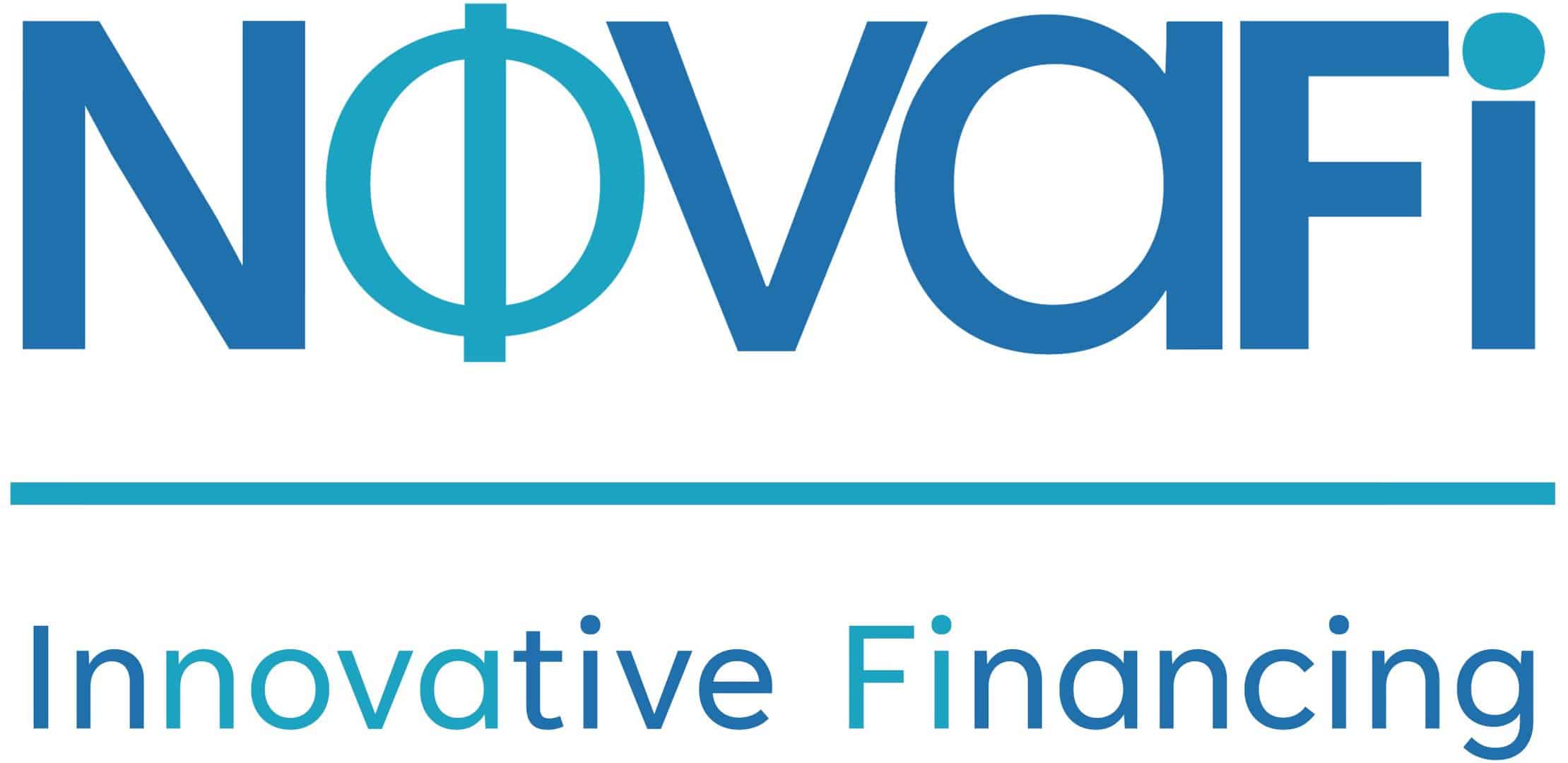Debt restructuring
We work with businesses to repair bad credit and qualify for low-interest rate loans.

Consolidation loans
A consolidation loan puts all of your debts under one roof so you can simplify your repayment plan. The new loan can give you a lower interest rate and a fast track to freedom. Put more of your income back into the business instead of sending it off to your creditors.
Refinancing
Refinancing and restructuring are two terms that are often confused. Restructuring is negotiating for better terms on an existing loan. When you refinance, you’re replacing one loan with a newer, more cost-effective loan. Get your refinancing questions answered by our experienced brokers today.


Credit repair
We start by listening. Where do you want to take your business moving forward? How will the right financing help you make it happen? Then, we’ll identify the most effective ways to address your credit problems and help you develop an action plan that puts your best foot forward.
Position for approval
Since dealing with lenders is our business, we know how to make your business look good. If you’re expecting to secure financing in the near future, meet with our experts to help you identify areas of improvement. Then, we’ll help you find the right lender for the loan you want.


Qualify for lower interest rates.

Open up more financing options.

Attract investors.

Reduce the cost of borrowing.
Q. How can paying off debt hurt my credit score?
Q. Do business lenders care about my personal credit score?
Q. What’s the difference between refinancing and consolidation?
Q. How does refinancing impact my credit score?
Let's Get Started!
